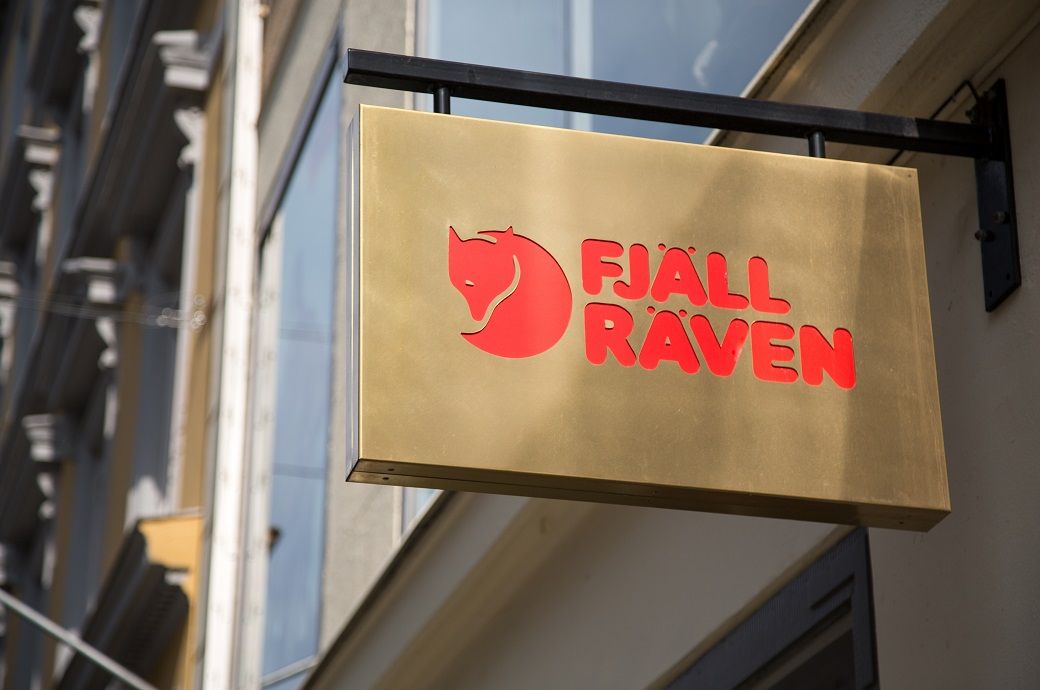
The operating result fell to a loss of €7.2 million (~$8.5 million), versus a €6.5 million loss in the same period last year, reflecting a difficult trading environment and strategic shifts within the business.
The group attributed the decline to adverse weather conditions, persistent price pressure from online discounting, and shifts in consumer buying patterns. A key trend observed was stronger performance of brick-and-mortar outlets compared to web channels, supported by warmer weather and broader sports and lifestyle offerings in physical stores, Fenix Outdoor said in a press release.
Brand-wise, external sales rose due to Fjallraven’s wholesale transfer in North America and the Devold acquisition. However, internal sales dropped, impacting margins. The direct-to-consumer (DTC) segment, especially online, showed a year-on-year decline, as last year’s clearance sales inflated figures.
European operations saw a 6 per cent drop due to a weaker reorder cycle. Sales also slowed in South Korea and Taiwan. Despite this, China showed growth in local currency, though exchange rates and joint venture accounting registered it as a loss.
Sales in the Frilufts operation saw an increase of 1.5 per cent to €83.5 million, led by growth in Norway, Finland, and Sweden. Germany also contributed to improved profitability through cost control, though Norway remains a work in progress.
Brick-and-mortar sales dipped 5.1 per cent to €73.8 million, while digital sales fell 7.9 per cent to €28.3 million. Notably, excluding six store closures, physical stores outperformed online platforms. Fenix brands also outshone external brands within the Frilufts portfolio.
The US market reported declining wholesale revenues but saw improved direct-to-consumer performance. Profitability improved slightly owing to prior cost-saving measures. However, a weaker US dollar further impacted reported sales in euros.
Fenix Outdoor expressed cautious optimism for Q3 2025, citing a strong order book in both brands and global sales. However, management refrained from issuing concrete forecasts due to weather volatility and macroeconomic uncertainties.
“There are also some challenges. We are facing an unpredictable situation in the US due to the trade and customs discussions. We are therefore still not able to finally set prices for summer 2026 and even though agreements are politically agreed upon for some of our supply markets, it is still not confirmed with instructions for the customs offices,” said Martin Nordin, chairman of the board at Fenix Outdoor.
The company is nearing completion of a new warehouse in Ludwigslust, with expected cost benefits in Q3 and Q4. Additionally, a new Enterprise Resource Planning (ERP) system is being launched in H2 2025 to enhance operational efficiency. Positive long-term impacts are also anticipated from its partial ownership in Viomoda, which will support nearshoring efforts by 2026.
ALCHEMPro News Desk (SG)
Receive daily prices and market insights straight to your inbox. Subscribe to AlchemPro Weekly!